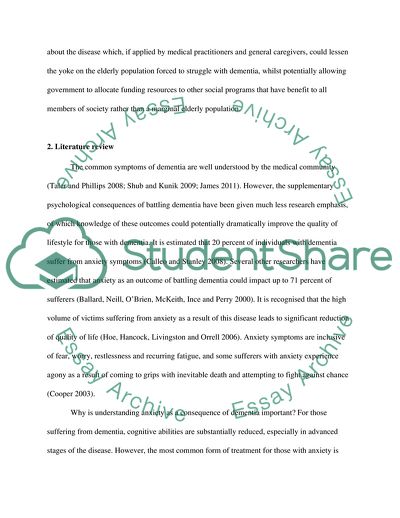Cite this document
(What Do We Understand about Dementia Research Paper, n.d.)
What Do We Understand about Dementia Research Paper. https://studentshare.org/health-sciences-medicine/1831828-what-do-we-understand-about-dementia
What Do We Understand about Dementia Research Paper. https://studentshare.org/health-sciences-medicine/1831828-what-do-we-understand-about-dementia
(What Do We Understand about Dementia Research Paper)
What Do We Understand about Dementia Research Paper. https://studentshare.org/health-sciences-medicine/1831828-what-do-we-understand-about-dementia.
What Do We Understand about Dementia Research Paper. https://studentshare.org/health-sciences-medicine/1831828-what-do-we-understand-about-dementia.
“What Do We Understand about Dementia Research Paper”. https://studentshare.org/health-sciences-medicine/1831828-what-do-we-understand-about-dementia.


